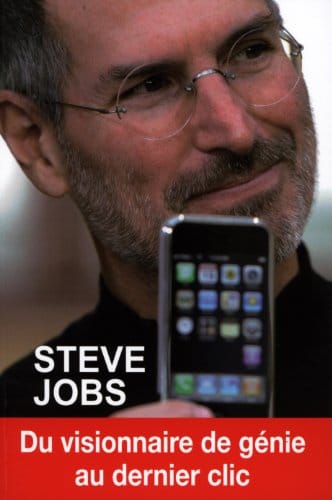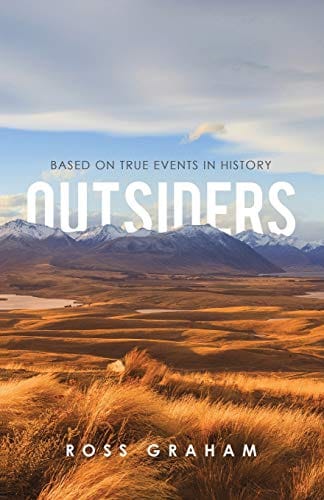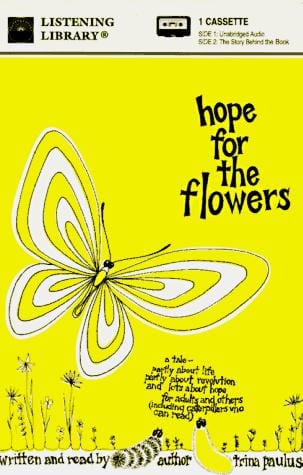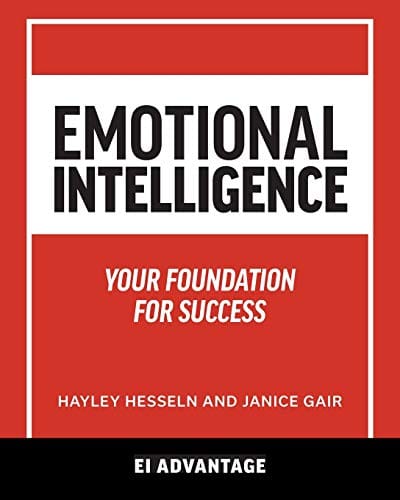Daring Greatly: Transform Your Life Through Vulnerability
Discover how Brené Brown's Daring Greatly teaches vulnerability, courage, and shame resilience, and learn practical tips to apply its lessons in life and work.
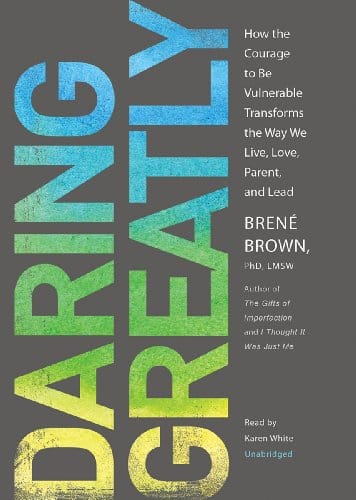
Introduction
Since its publication in 2012, Brené Brown’s bestseller “Daring Greatly” has become a modern manifesto for living a fuller, braver, and more connected life. The phrase, taken from Theodore Roosevelt’s famous “Man in the Arena” speech, challenges us to step into the spotlight, risk failure, and replace self-protection with wholehearted engagement. But what does it really mean to dare greatly, and how can applying Brown’s research on vulnerability transform your relationships, career, and sense of self-worth?
What Does 'Daring Greatly' Mean?
In Brown’s framework, daring greatly is the conscious choice to be seen and to show up when outcomes are uncertain. It is the phone call that might end in rejection, the creative project that could flop, the honest apology that leaves your heart pounding. Instead of armoring up with perfectionism, cynicism, or disengagement, you allow your authentic thoughts and feelings into the open. This openness makes bigger joy and deeper connection possible precisely because it invites risk.
The Science Behind Vulnerability
Many people equate vulnerability with weakness, yet Brown’s years of social-science research reveal the opposite. MRI studies show that the same neural networks responsible for joy, empathy, and belonging light up when we expose ourselves emotionally. Meanwhile, chronic avoidance heightens stress hormones and erodes trust. In other words, no vulnerability equals no meaningful connection. By grounding her conclusions in data, Brown moves the conversation from fluffy self-help advice to evidence-based guidance you can feel confident applying.
Key Lessons from Brené Brown's Book
Below are three standout insights that make “Daring Greatly” required reading for anyone pursuing authentic success. Together they create a roadmap for replacing scarcity and shame with courage, compassion, and a resilient sense of self-worth.
1. Vulnerability Is Not Weakness
Brown dispels the pervasive idea that vulnerability equals fragility. Sharing uncertainty, admitting mistakes, or saying “I love you” first are courageous precisely because they expose us to emotional risk. The absence of guarantees transforms everyday acts into moments of valor. When you reveal your true feelings instead of curating a flawless persona, you build credibility and invite reciprocal openness. The end result is stronger teams, deeper friendships, and a life that feels fully inhabited rather than carefully edited.
2. Build Shame Resilience
Shame—the toxic belief that we are unworthy of love or belonging—is vulnerability’s greatest enemy. Brown introduces the concept of shame resilience: recognizing triggers, naming the emotion, and reaching out to empathetic listeners. Saying “I’m feeling ashamed” lights up the rational brain and calms the primitive fight-or-flight response. When you share your story with someone who has earned the right to hear it, shame loses its grip and turns into an opportunity for growth.
3. Embrace Wholehearted Living
Wholehearted living is Brown’s term for integrating vulnerability, gratitude, and self-compassion into daily life. Rather than hustling for worthiness, wholehearted people rest in the belief that they are already enough. They set healthy boundaries, play and rest without guilt, and cultivate optimism. This orientation frees up mental energy previously spent on comparison or perfectionism, enabling greater creativity and resilience. Challenges are met with openness, resourcefulness, and community.
Practical Ways to Start Daring Greatly Today
Concepts matter little without action. Begin by identifying one arena—a relationship, workplace situation, or personal ambition—where you are currently holding back. Write down the costs of playing small and the potential gains of showing up fully. Next, practice first-person language such as “I feel nervous sharing this idea, but it matters to me.” Small experiments build the vulnerability muscle, so set an achievable weekly goal like initiating a difficult conversation or hitting “publish” on a passion project. Finally, celebrate effort rather than outcome to reinforce the truth that courage is measured by stepping forward, not by external applause.
Impact on Workplaces and Leadership
The business world increasingly recognizes that daring greatly is not a soft skill but a competitive advantage. Companies like IBM and Google train managers to create psychological safety so employees can voice concerns and innovate without fear. Brown’s research shows that teams willing to admit mistakes catch problems sooner, learn faster, and outperform peers obsessed with looking flawless. Leaders who model vulnerability—saying “I don’t know” or “I was wrong”—signal humility and invite collaboration. Employees who own their stories report higher engagement and lower burnout, proving that courage scales and pays measurable dividends.
Why 'Daring Greatly' Matters Now More Than Ever
In a post-pandemic world defined by rapid change and digital fatigue, the ability to connect authentically is more critical than ever. Social media encourages filters, yet what people crave is realness. When you dare greatly, you pierce through the noise with honesty and humanity. Communities, whether online or in person, coalesce around transparent voices who admit uncertainty and share lessons learned. That relentless honesty not only nourishes relationships but also combats the isolation and anxiety that accompany modern life.
Final Thoughts
Daring greatly is less a destination than a daily decision. Each time you trade comfort for courage, you strengthen the neural pathways and social bonds that make thriving possible. Whether you are leading a company, guiding a family, or reinventing yourself, vulnerability is the gateway to the fulfillment you seek. Step into the arena; your best life is waiting.
